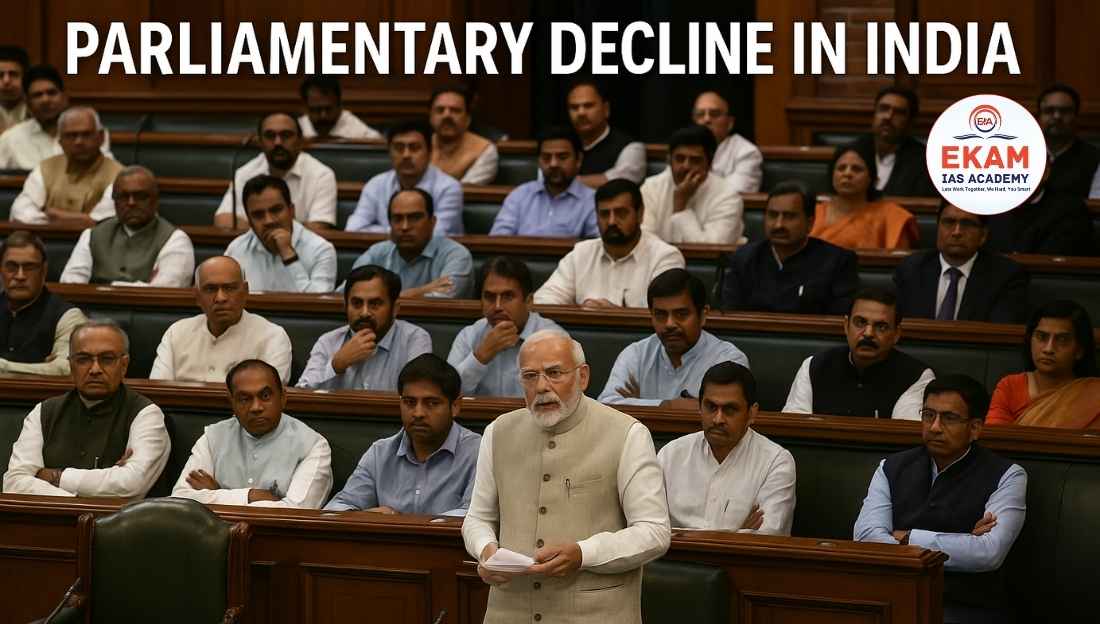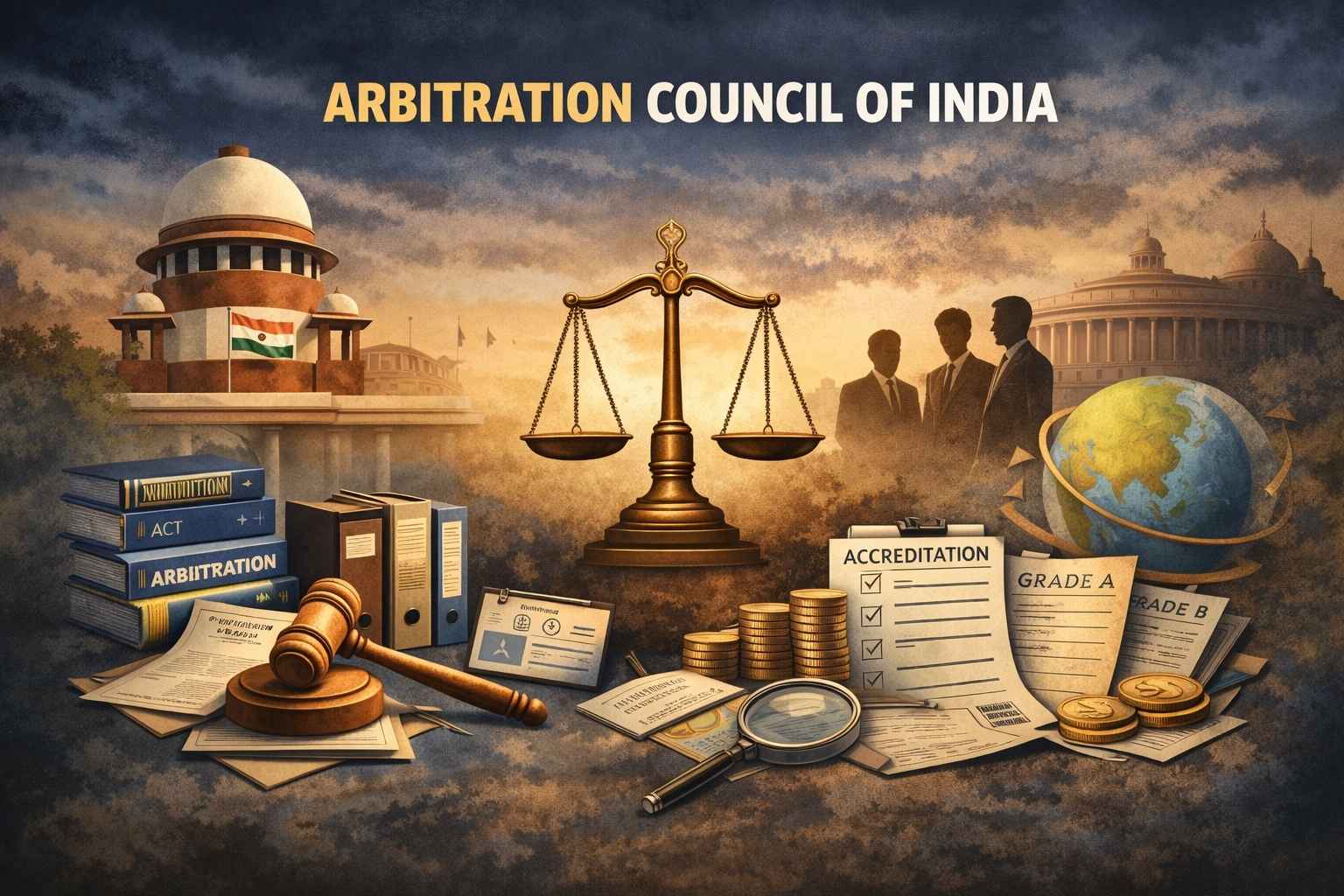A recent controversy has emerged after reports surfaced that Justice B.V. Nagarathna of the Supreme Court dissented against the Collegium’s recommendation to elevate Justice Vipul M. Pancholi. However, this dissent was not recorded in the official resolution, raising concerns over the lack of transparency in the judicial appointments system.
The Principle of Justification
- Democracies rest not only on laws but also on a “culture of justification” — every use of public power should be explained and defended.
- Courts in India often demand accountability from the executive and legislature.
- But when it comes to judicial appointments through the Collegium, the same principle of openness is not followed.

The Problem of Opacity in the Collegium
- Justice Nagarathna’s dissent note was not disclosed publicly or even clearly shared with the government.
- The official Collegium resolution suggested “unanimity,” hiding the fact of disagreement.
- This secrecy weakens trust, as the public is denied reasons behind important judicial selections.
Why Transparency Matters
- Judges decide on critical issues of civil liberties, federal powers, and checks on the executive.
- Lack of disclosure erodes institutional legitimacy and public trust.
- The judiciary cannot demand accountability from others while refusing it for itself.
- Dissenting views, if shared, would strengthen democratic values rather than weaken the judiciary.
Way Forward:
- Appointments must meet the highest standards of accountability.
- Transparency should be balanced with fairness to candidates.
- A judiciary that is open in its reasoning will not lose autonomy but will instead secure greater trust and confidence of citizens.
COLLEGIUM
The Collegium is a group of senior judges in India that recommends appointments and transfers of judges in the higher judiciary (Supreme Court and High Courts).
- Formation – It was formed through judicial decisions (not by law):
- 1993 (Second Judges Case) – Supreme Court ruled that the Chief Justice of India (CJI) and senior judges should recommend appointments.
- 1998 (Third Judges Case) – Expanded the system to five senior-most Supreme Court judges for recommending appointments.
- Function – Decides who becomes a judge, where they are posted, and transfers between High Courts.
- Not by Parliament – It is not created by a law; it is based on judge-made conventions to preserve judicial independence.
Conclusion:
The hidden dissent highlights the urgent need for judicial reforms in appointments. Unless the Collegium system embraces openness, it risks weakening the very legitimacy on which judicial authority depends.





